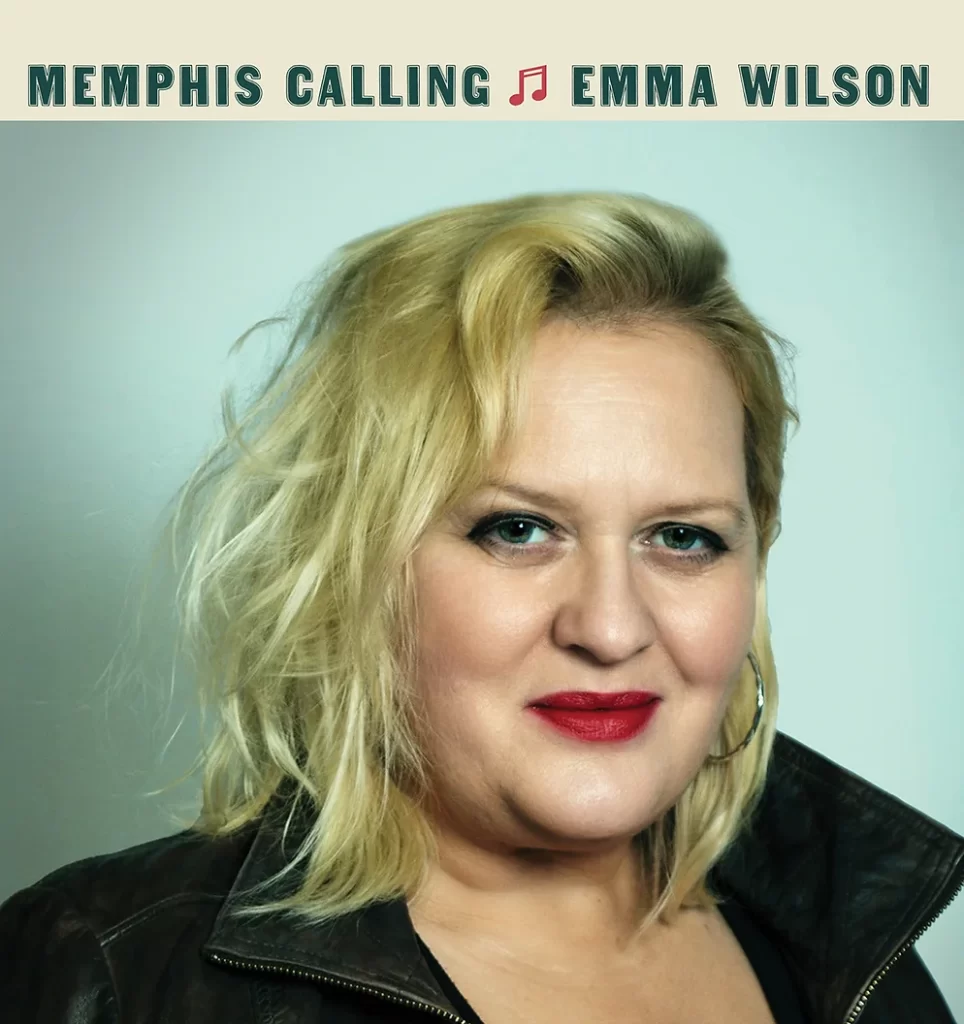The Cranberries’ third album, To the Faithful Departed, garnered decidedly mixed reviews when it first appeared in 1996. Some critics loved it, but others panned the musical and lyrical changes it introduced, with Rolling Stone, for example, giving it one-and-a-half stars out of five. Fans of the Ireland-based group had the last word, though, making the album a six-million seller and the band’s highest-charting record.
Certainly, there’s a lot to like on the CD, and even more to appreciate on a new 25th-anniversary edition. The original record, which has been remastered for this release, includes a few missteps, such as the plodding hard-rocker “Salvation,” but also some extremely tuneful material. The Cranberries’ late lead singer, Dolores Riordan, is in fine form throughout the set and often sounds redolent of fellow Irish artist Sinead O’Connor.
There are some melancholy songs here, including the mandolin-spiced “Joe,” which is about Riordan’s late grandfather, and “Cordell,” a tribute to record producer Denny Cordell, who died of lymphoma the year before this album’s release. Ultimately, though, the record is as uplifting as it is moving.
The original 13-track U.S. CD has been significantly expanded for this three-disc package, whose liner notes include commentary from the group’s surviving members. Among the 30 bonus tracks are demo versions and early and alternate mixes of many of the album’s tracks, including the sublime, early-rock-influenced “When You’re Gone,” which may remind you of Julee Cruise, and a fine cover of Fleetwood Mac’s “Go Your Own Way.”
There are also 13 live recordings drawn from 1996 concerts in Toronto, Michigan, and the U.K. In addition to several numbers from To the Faithful Departed, those concert tracks include versions of “Dreams,” “Linger,” “Sunday,” and “Waltzing Back,” which first appeared on the group’s debut LP, Everybody Else Is Doing It, So Why Can’t We?; and “Zombie,” “Dreaming My Dreams,” “The Icicle Melts,” and “I Can’t Be with You,” from its sophomore collection, No Need to Argue.
Also Noteworthy

Lee Gallagher & the Hallelujah, The Falcon Ate the Flower. This is the third album from California-based rock singer/songwriter Lee Gallagher, following an eponymous 2015 debut and 2020’s L.A. Yesterday. Front and center once again are Gallagher’s quavering, passionate vocals, which recall country music’s Gary Stewart as well as Pavlov’s Dog and the late Bert Sommer.
It’s a terrific set, thanks not only to Gallagher’s arresting vocal work but to his intense, anthemic songs (including one co-written with producer and lead guitarist Jason Soda), which owe debts to late-’60s psychedelia and folk rock. Another major plus is the band, which prominently features violinist Scarlett Rivera, who is best known for her important contributions to Bob Dylan’s Desire.

The Three O’Clock, Sixteen Tambourines and Baroque Hoedown. The Three O’Clock loomed large in Southern California’s paisley underground rock scene in the 1980s. In fact, the group’s lead singer and bassist, Michael Quercio, reportedly coined the name of the genre, which emphasizes vocal harmonies, guitar interplay, and psychedelic elements and harkens back to 1960s groups ranging from Pink Floyd, Love, and the Blues Magoos to the Left Banke and the Byrds.
A lot of terrific music emerged from the paisley underground movement, including from the Three O’Clock, whose 1982 EP, Baroque Hoedown, has just been reissued with an expanded playlist alongside the group’s 1983 full-length album, Sixteen Tambourines. In addition to tightly knit, catchy, original psych pop, the former album features covers of Pink Floyd’s “Lucifer Sam,” the Easybeats’ “Sorry,” and the Byrds’ “Feel a Whole Lot Better” that arguably outshine the excellent originals. The equally essential Sixteen Tambourines adds more intoxicating self-penned material plus a brassy, inventive reworking of the Bee Gees’ “In My Own Time.”

Sylvia Tyson, At the End of the Day. Sylvia Tyson and her then-husband Ian Tyson played a big part in the late 1950s and 1960s folk revival: Besides helping to popularize such other artists as fellow Canadian Gordon Lightfoot with their cover versions, they recorded such classic originals as Ian’s “Four Strong Winds” and “Someday Soon.” Sylvia, meanwhile, penned “You Were on My Mind,” which in 1965 became a huge hit for San Francisco’s We Five.
She has since had a long and distinguished solo career and now, at age 83, has released what she says is her final album, At the End of the Day. It contains a dozen new songs, all penned by her (five with co-writers), and features a seven-member backup ensemble that includes violin, mandolin, and accordion. Throughout, Tyson applies her warm, rich vocals to songs about love and life that reflect a lifetime of experience. If this is indeed Tyson’s last hurrah, she ends on a high note.

Emma Wilson, Memphis Calling. R&B singer Emma Wilson is British, but her heart has apparently always been with American music and especially with the wealth of classic tracks that have come out of Memphis. So, for this sophomore release, she traveled to that city and set up shop in Sam Phillips’s legendary recording studios, where she worked with a crack band that included organist Charles Hodges, his bassist brother Leroy Hodges, and pianist Archie Turner, all from the famed Hi Rhythm Section, plus a hot horn ensemble and more.
The program features soulful originals such as “I’ll See You in the Morning” and “Drug,” which Wilson wrote, respectively, with British singer Terry Reid and her Grammy-nominated producer, Scott Bomar. Also here are some covers, such as “I Still Love You,” by the late Willie Mitchell, who is known for his work with Al Green and others at Hi Records; “Hoochie Coochie Mama,” by Willie Dixon; and a dreamy version of Buddy Johnson’s “Since I Fell for You,” that offers serious competition for Lenny Welch’s excellent 1963 hit version.
 Blogcritics The critical lens on today's culture & entertainment
Blogcritics The critical lens on today's culture & entertainment




